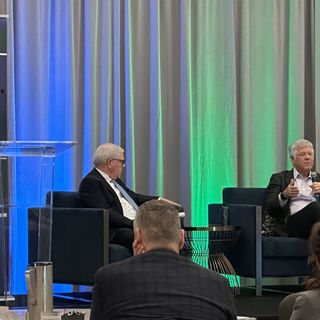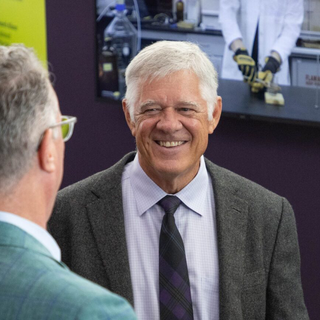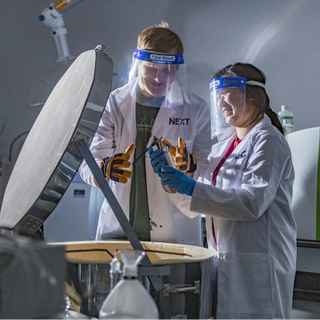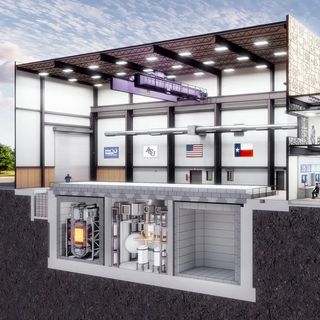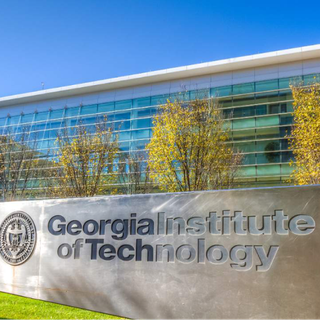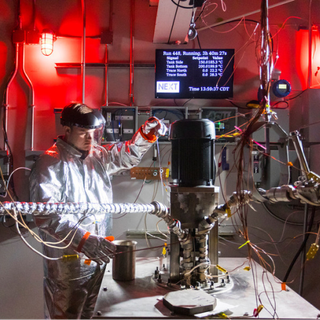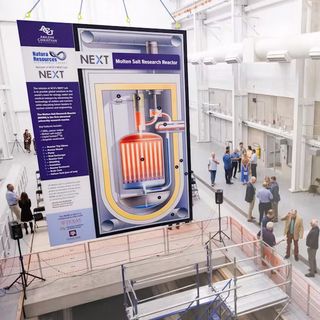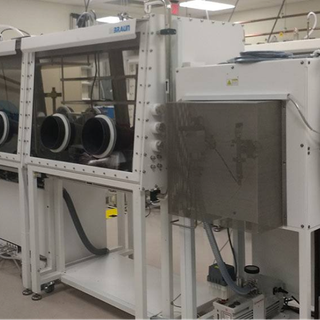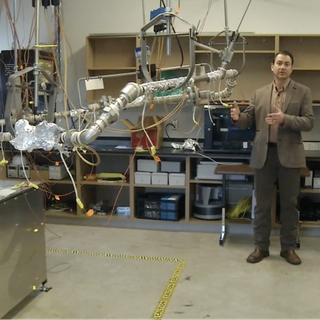ABILENE, Texas — Abilene Christian University’s NEXT Lab, or Nuclear Energy eXperimental Testing Laboratory, is working on new technology that could potentially change the world.
Chemistry, engineering, physics and computer science students at ACU have formed a team to tackle medical problems faced by many people around the world.
"Well, right now, we're working on a project that is to develop a technical readiness level for molten salt used in advanced nuclear reactors," said Dr. Rusty Towell, the director of the NEXT Lab at Abilene Christian University.
Towell said that the project will provide clean, abundant and affordable energy, medical isotopes and pure water all over the world.
"If we can bring electricity to them at an affordable rate, we can bless the world and raise the standard of living of people all over the world and if we can produce medical isotopes, then we will be able to treat people that have cancer," said Towell.
Towell also stated that the research can essentially benefit everyone in the world.
“Statistics say one out of two people will be affected by cancer in their lifetime. So essentially, everyone is either going to benefit or know someone that is going to benefit from this," Towell said.
However, developing new technology can be quite expensive, so the Abilene City Council has agreed to allow the Development Corporation of Abilene to provide support for ACU's NEXT Lab, who has agreed to fund the lab with $300,000, and the Robison Excelsior Foundation has pledged $3.2 million of their own money to help fund the lab as well.
Doug Robison, whose foundation is providing funds to the NEXT Lab, said that the technology being developed over there is cutting edge and has endless potential.
"Well, it’s important because of the potential. I'm third-generation oil, but going back over a decade, we recognize oil and gas as a gap fuel to get us to whatever that next energy source is. This could potentially be a huge part of that picture," said Robison.
Funding the research project helps the students at ACU put their research into practice, allowing them to take what they have learned in the lab and classroom and apply it to real-world situations, and along with the support from the City of Abilene and the significant funding that the NEXT Lab has received, Towell said that the new technology has the chance to make a major impact on the world.

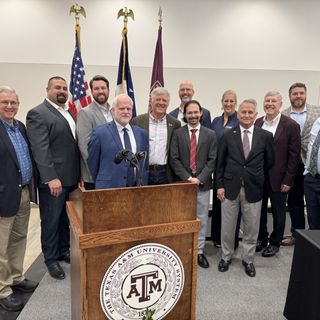
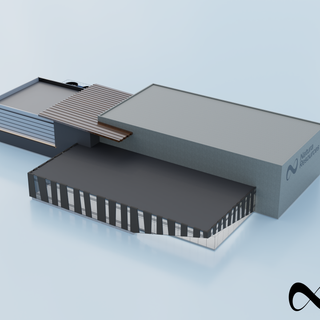
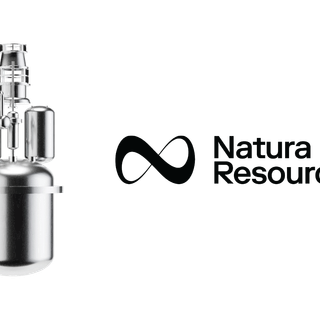
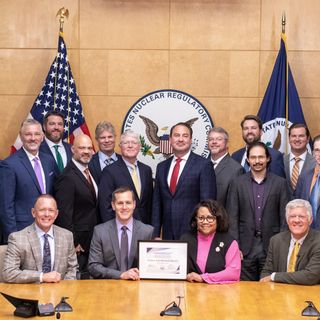
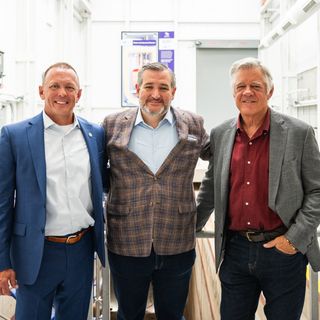

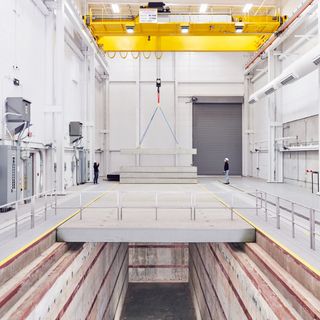
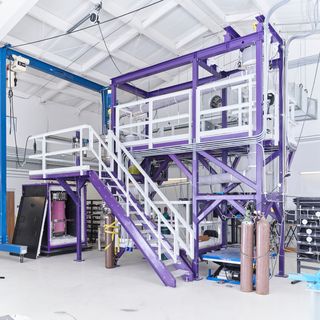


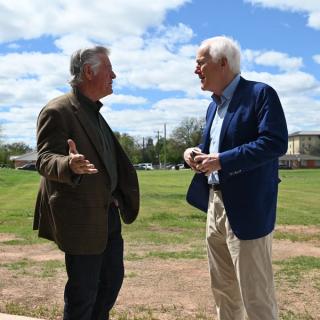

%20Dr.%20Phil%20Schubert_John%20Zachry_Douglass%20Robison_Dr.%20Rusty%20Towell.jpg?rect=49,0,1269,1269&w=320&h=320&fit=min&auto=format)
